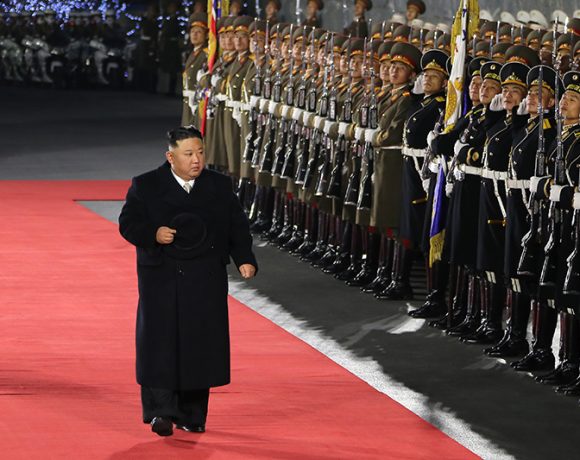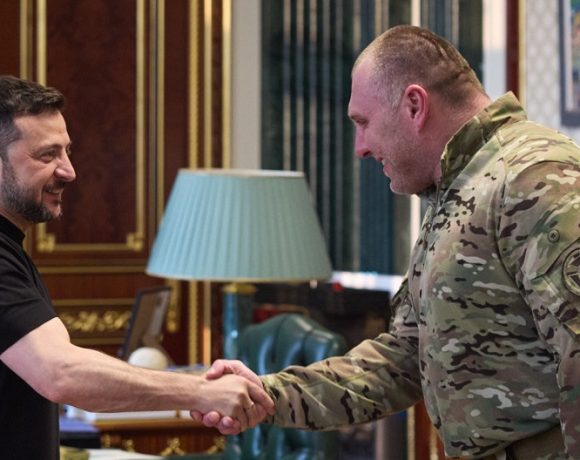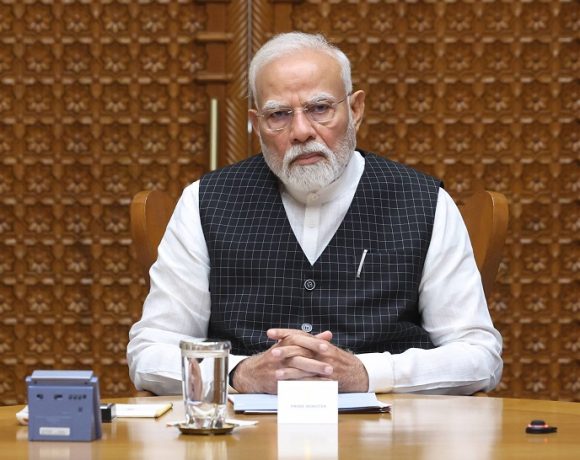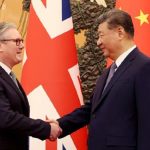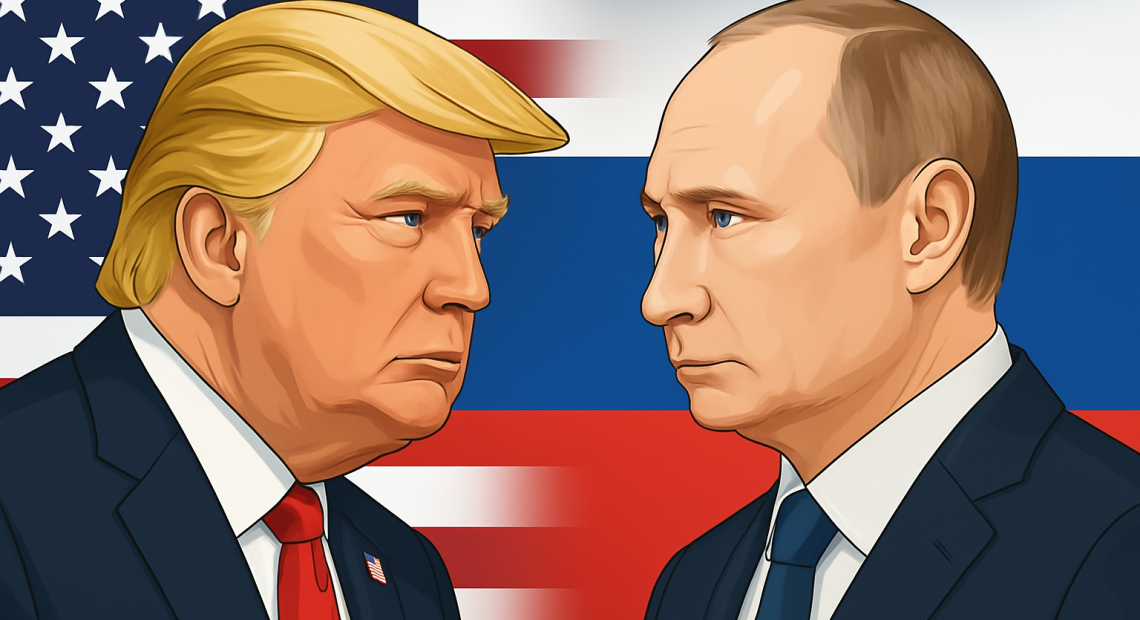
Trump Opposes Russia Sanctions at G7, Cites High US Cost
At the G7 summit held in Alberta, Canada, U.S. President Donald Trump strongly opposed fresh economic sanctions on Russia, warning that they would come at a massive financial cost to the United States. While several allied leaders urged for coordinated pressure on Moscow amid the ongoing war in Ukraine, Trump remained adamant that sanctions were an expensive proposition that required careful consideration.
“Don’t forget, you know, sanctions cost us a lot of money. When I sanction a country that costs the US a lot of money, a tremendous amount of money,” Trump remarked. He emphasized that the financial burden of enforcing such measures often goes unnoticed and involves billions of dollars in administrative and economic fallout.
Trump Sanctions Stance
Trump also dismissed the urgency of imposing new penalties, stating that he is “not in a rush” and prefers to assess if diplomatic solutions might emerge. He pointed out that while European nations have loudly called for tougher action, they haven’t yet taken concrete steps. “They haven’t done it yet. Let’s see them do it first,” he said, throwing the onus back on America’s allies.
He further reignited debate by suggesting that Russia should never have been expelled from the G8, stating that including Russia might have prevented the current geopolitical tensions. “He speaks to me. He doesn’t speak to anybody else … he’s not a happy person about it,” Trump said about Russian President Vladimir Putin.
Russia Cost Argument
Trump’s opposition is rooted in his long-held “America First” doctrine, prioritizing domestic economic impacts over foreign policy adventures. He has repeatedly argued that imposing sanctions without accounting for their domestic cost is irresponsible. His latest comments reinforce that view, stressing that the U.S. should not shoulder financial burdens unless absolutely necessary and strategically justified.
G7 Tensions
His position has sparked friction at the G7, with European leaders, particularly from the UK and the European Union, pressing for an increase in economic restrictions on Russia. Proposals included lowering the price cap on Russian oil and enforcing stricter trade bans. Trump’s resistance to these proposals has deepened ideological divisions within the summit, exposing contrasting approaches toward managing the Russia-Ukraine conflict.
As tensions in the Middle East escalate simultaneously, Trump chose to leave the summit early to convene a national security meeting back in Washington. The early departure added to speculation about shifting U.S. priorities and the strain on transatlantic unity.
Trump’s statements and policy leanings at the summit underline a fundamental recalibration of America’s stance on Russia under his leadership, emphasizing economic pragmatism over coordinated punitive action. With Europe pushing forward on sanctions regardless, the divide may mark a deeper rift in future global decision-making.


